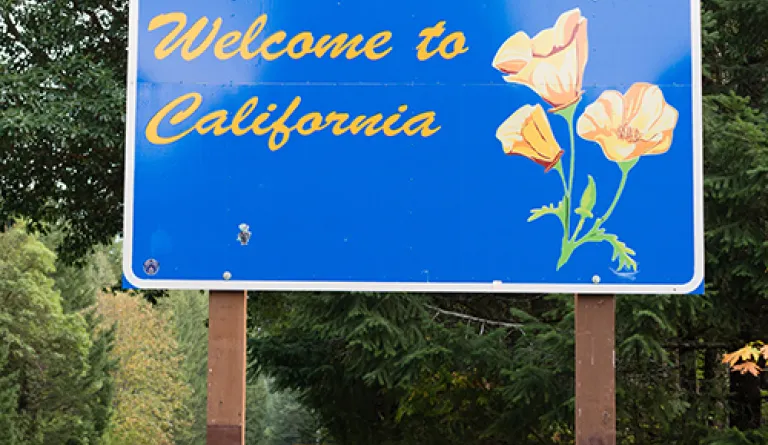Chief Justice Proposes Legal Wayfinders to Assist Litigants in California

Changes in recent years to California’s budget, priorities, and policies have resulted in a focus on criminal over civil matters. In the yearly State of the Judiciary address, however, California Supreme Court Chief Justice Tani G. Cantil-Sakauye highlighted some of the ways California is planning to improve access to justice in its courts. Among them: better meeting the needs of self-represented litigants.
The Governor’s proposed judiciary budget allots $19 million to improve and expand upon the self-represented litigant services in California courts. Justice Cantil-Sakauye noted that nearly four million Californians go to court without counsel, and in at least 75 percent of civil cases, at least one side is without counsel. California’s self-help programs help more than one million people each year; the self-help website alone has 4.3 million visits per year. The proposed budget also allocates $3.4 million to help start a technology-based traffic system and another $4 million for language access in civil matters.
The state’s prior focus on criminal over civil matters also resulted in increased delays and missing services on the civil side. Because civil justice includes such a broad body of law, these delays and missing services have affected a wide swath of California’s population. The Governor’s proposed $123 million for trial courts will start to restore some of those services, and Chief Justice Cantil-Sakauye has a plan for how to start, which includes restoring full staff and full operating hours to California’s courthouses and also providing fair compensation to court staff.
Additionally, Justice Cantil-Sakauye hopes to implement a system of legal Wayfinders to guide self-represented litigants through the courts, both literally and procedurally. This Wayfinder program would build on the foundation of the state’s existing self-help services, as well as the work of the JusticeCorps volunteers based in Los Angeles, San Diego, and the Bay Area. The Wayfinders would essentially walk people without attorneys through the court, help litigants determine which forms to complete and file, and refer people to other services in the community. Chief Justice Cantil-Sakauye envisioned the Wayfinders providing both one-on-one assistance and group workshops.
California’s focus on resources to help self-represented litigants navigate the courts is a call to action that all states should take to heart as a concrete step towards closing the access to justice gap.

